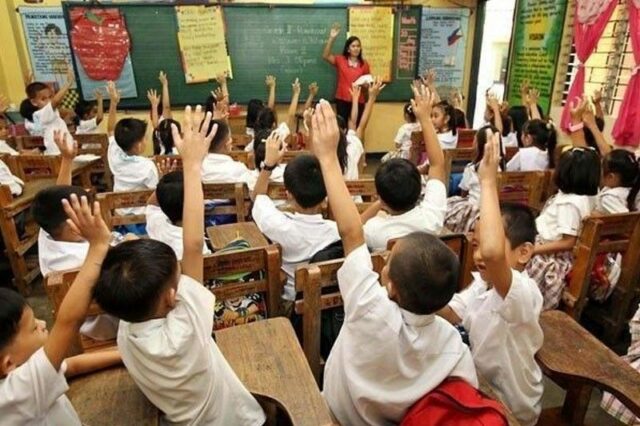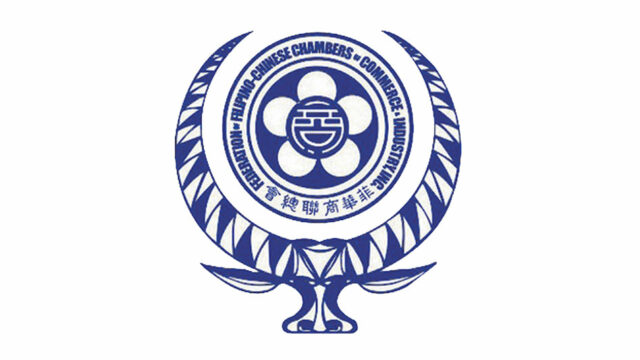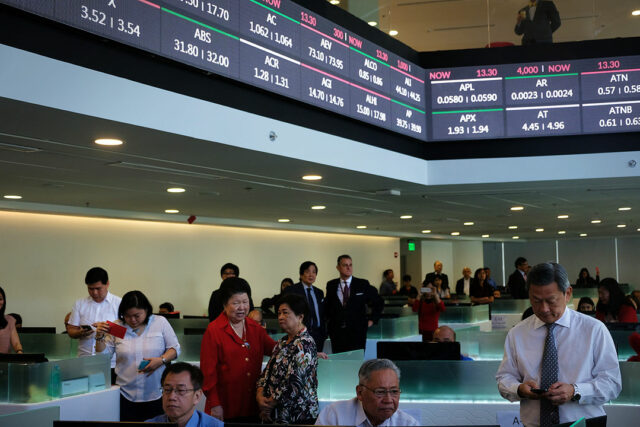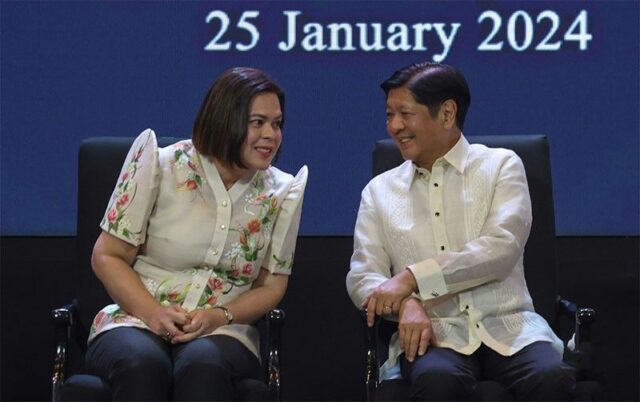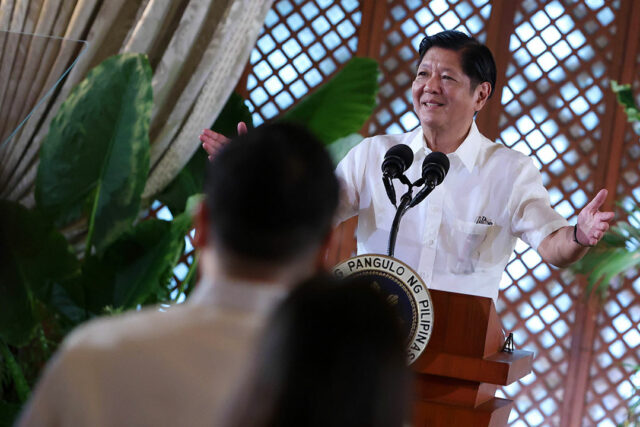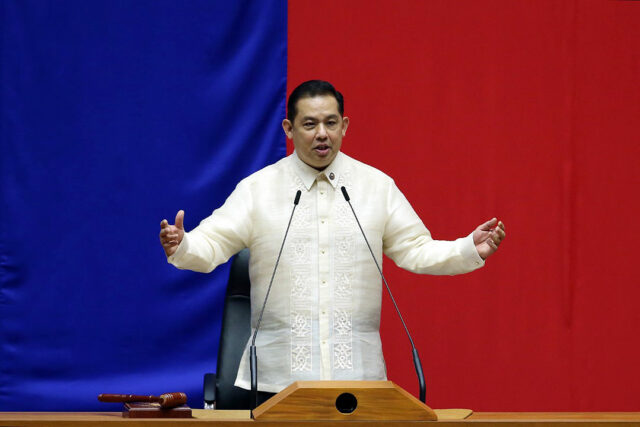By Adrian H. Halili and Kenneth Christiane L. Basilio, Reporters
VICE-PRESIDENT Sara Duterte-Carpio may be cleared of her impeachment charges, with pro-Duterte Senators set to take office before her trial begins in July, an analyst said.
“Acquittal in the impeachment trial is likely. The VP is assured of getting nine senators to vote in her favor, possibly, there could be three more. This means she can get overwhelming support for her acquittal,” Michael Henry Ll. Yusingco, a fellow at the Ateneo de Manila University Policy Center, said in a Facebook Messenger chat.
A two-third vote is required to remove the VP from office and bar her from running in future elections. Ms. Duterte is among the top contenders for the 2028 Presidential elections.
But if all else fails, Mr. Yusingco said that House prosecutors could instead file a plunder case against the VP with the Office of the Ombudsman.
“This might not totally stop her from running and winning in 2028, but it can make the path to victory very hard,” he added.
Manila Rep. Joel R. Chua, who is among the House prosecutors, said he remains optimistic that Ms. Duterte will be convicted.
“If we look at those who won, it’s very tough and very challenging,” Mr. Chua told reporters in a virtual media briefing on Wednesday. “[But] I believe that our esteemed senators will fulfill their duty based on the facts and not because of their political affiliations.”
Unofficial election tallies show that President Ferdinand R. Marcos, Jr.’s Senate candidates only secured six of the 12 contested seats in the May 12 elections, which analysts said could fall short of securing a conviction for Ms. Duterte’s ouster trial.
The evidence fueling the calls for Ms. Duterte’s ouster is “very overwhelming, obvious and blatant,” said Mr. Chua. “I don’t see any reason for them not to vote in favor. Otherwise, they will need to explain to the public why their vote will not go that way.”
The Office of the Vice-President did not immediately reply to an email seeking comment.
The election outcome has led to rumors that Mr. Marcos will pursue an impeachment case against Ms. Duterte, which Malacañang denied on Wednesday.
“There is no news regarding the President pursuing impeachment or the impeachment trial of VP Sara, so we oppose and deny [those allegations],” Palace Press Officer Clarissa A. Castro said in Filipino during a briefing.
“There is no mention of any confidence that the Vice President will be ousted or removed from office,” she added.
TOO EARLY
Gary Ador Dionisio, dean of the De La Salle — College of Saint Benilde School of Diplomacy and Governance, said it is still too early to tell if Ms. Duterte will be acquitted of her charges as the trials have not yet started.
“But what is important in the impeachment trial is to discuss in public extensively the articles of impeachment filed against VP Sara as this will help all of us the basis of her impeachment,” Mr. Dionisio said in a Messenger chat.
The House impeached the Vice-President on Feb. 5, alleging secret fund misuse, unexplained wealth, acts of destabilization and plotting the assassination of Mr. Marcos, his family, and the Speaker of the House. Ms. Duterte has denied any wrongdoing.
The impeachment complaint was filed and signed by more than 200 congressmen, meeting more than the one-third legal requirement before it could be sent to the Senate.
She is expected to face the Senate as an impeachment court with her trial scheduled to commence next month.
Ateneo de Manila University, Political Science Lecturer Hansley A. Juliano said the Marcos administration must sway the senate through its policy priorities for them to support the impeachment proceedings.
“The Dutertes in turn must build on more consistent policy opposition to consider swaying the senate to their side instead,” Mr. Juliano said via Messenger chat.
He added that incumbent senators, who are expected to serve until 2028, may not be predictable on where their stance will be as they “have their own separate agendas.”
In addition, Maria Ela L. Atienza, a political scientist at the University of the Philippines, said the President could still increase his public trust ratings while he still controls the state’s resources.
“The President still controls the resources of the state, and his team can exert influence on the senators and the public. He can also work on implementing programs and pushing for legislation that are relevant and popular to the public to increase his public trust ratings,” she said via Viber.
She added that Senators may find it difficult to go against a popular president unless there is blatant abuse of power.
The President’s trust rating fell to 60% in April, according to an OCTA Research poll issued last month.
Jemy Gatdula, Dean of University of Asia and the Pacific School of Law, said changes in the Senate composition may not be substantial.
“I don’t think the election changed or made substantial differences in the numbers from before the election and after the election. It’s pretty much the same count,” he said in a messenger chat.
He added that the impeachment case against Ms. Duterte will not be beneficial for the country.
“It will essentially render the country distracted with several months of, I think, gross political theater. And it’s not something that I see will lead down to the benefit of the country,” Mr. Gatdula said.
NEW PROSECUTORS
Meanwhile, two of the 11-person House prosecution team are set to lose their congressional race, opening slots for new prosecutors ahead of Ms. Duterte’s impeachment trial.
“The House leadership has the authority to designate their replacements,” National Union of Peoples’ Lawyers President Ephraim B. Cortez said in a Viber message.
“They should appoint any of these new congressmen as prosecutors, especially that Mr. Diokno and Ms. de Lima are seasoned lawyers, and their expertise and experience will contribute to the successful prosecution of the impeachment case,” said Mr. Cortez.
In a separate statement on Wednesday, Speaker Ferdinand Martin G. Romualdez confirmed the addition of Ms. De Lima and Mr. Diokno as into the House impeachment panel. — with Chloe Mari A. Hufana

